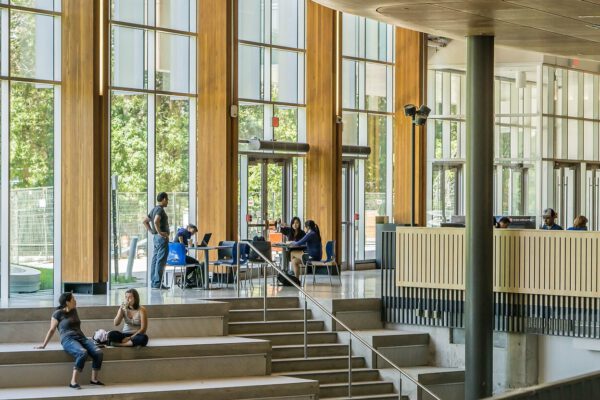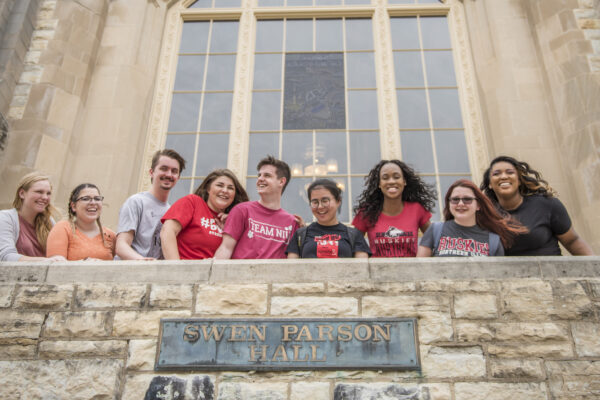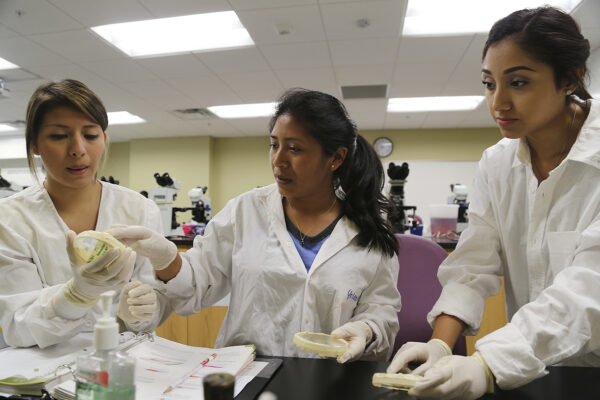Data Limitations Inhibit Support for AAPI Students
Title: “Everyone Deserves to be Seen:” Recommendations for Improved Federal Data on Asian Americans and Pacific Islanders (AAPI)
Author: Anna Byon
Source: Institute for Higher Education Policy and the Southeast Asia Resource Action Center
In partnership with the Southeast Asia Resource Action Center (SEARAC), the Institute for Higher Education Policy (IHEP) released a brief asserting that the umbrella categories of “Asian” and “Native Hawaiian or Other Pacific Islander” mask performance differences between groups.
Through descriptive statistics and student quotes, the researchers push for the collection of more detailed data. To provide meaningful student supports and close equity gaps, the report details policy recommendations for Congress; federal, state, and local agencies; and higher education institutions.
Proposed policy changes urge colleges to update their own data collection practices. The authors also support the creation of a federal mandate to ensure consistency in how data are disaggregated and reported.
Click here to read the report.
—Anna Marie Ramos
If you have any questions or comments about this blog post, please contact us.


